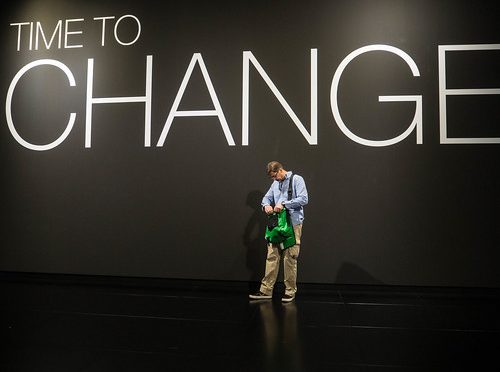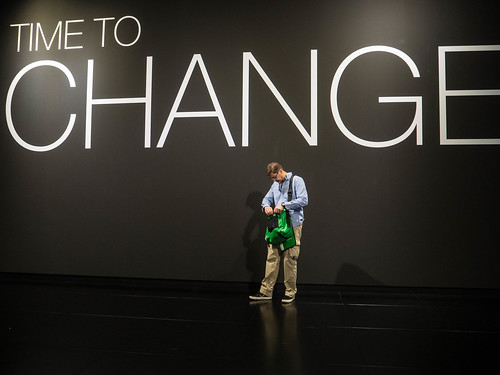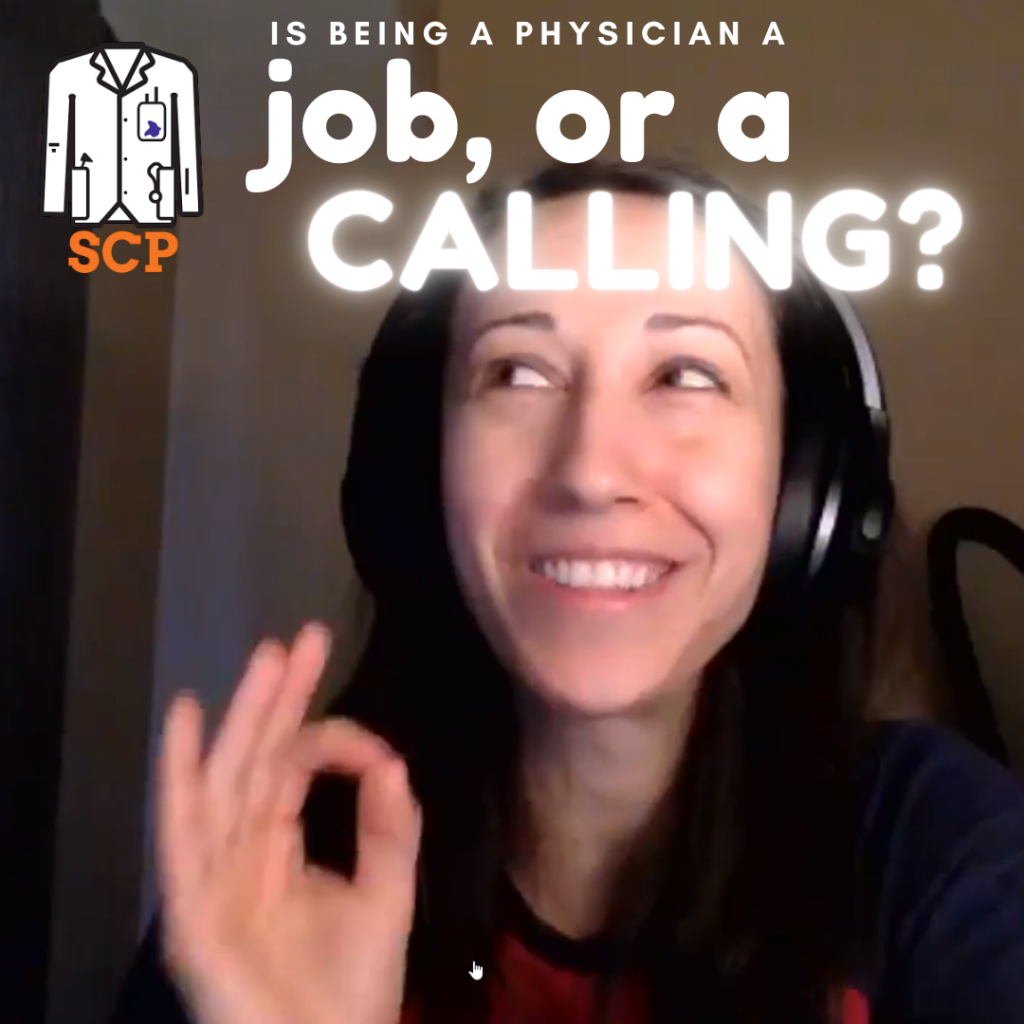Podcast: Play in new window | Download (Duration: 53:16 — 48.8MB)
Subscribe: Spotify | RSS | More
No school, employer, or profession is perfect; and lots of times, you have to step up to fix it.
This episode’s sponsor, Panacea Financial, is having a Match Day Giveaway! Med students in the 2021 Match can enter to be one of five students who will win $500! Enter at panaceafinancial.com/matchday.
Long time SCP listener and CCOM M4 Austin Kazarian joins us on the show to talk about the personal finance course he proposed and helped create. Wait, isn’t there enough to learn in medicine? There is, but as long as med school debt is a problem, it’s important to learn how to deal with it, as well as many other financial issues that exist for new residents. Join him, MD/MBA student Gabe Conley, and M4s Joyce Wahba and Tim Maxwell for a discussion on how medical students can fix the inevitable gaps in their schools’ curricula, and why it’s important to look for a joint that’ll take your suggestions and let you lead with them (and see this article, and the Academic Medicine commentary discussed during the show). And if you want to bring Austin’s personal finance for physicians curriculum to your school, he’ll share his proposal with you to get started–drop him a DM @AustinKazarian.
Also, Dave gives the crew a news quiz. Were you paying attention these past few weeks?
We Want to Hear From You
How’d we do on this week’s show? Did we miss anything in our conversation? Did we anger you? Did we make you smile? Call us at 347-SHORTCT anytime or email theshortcoats@gmail.com. It’s always a pleasure to hear from you!



















